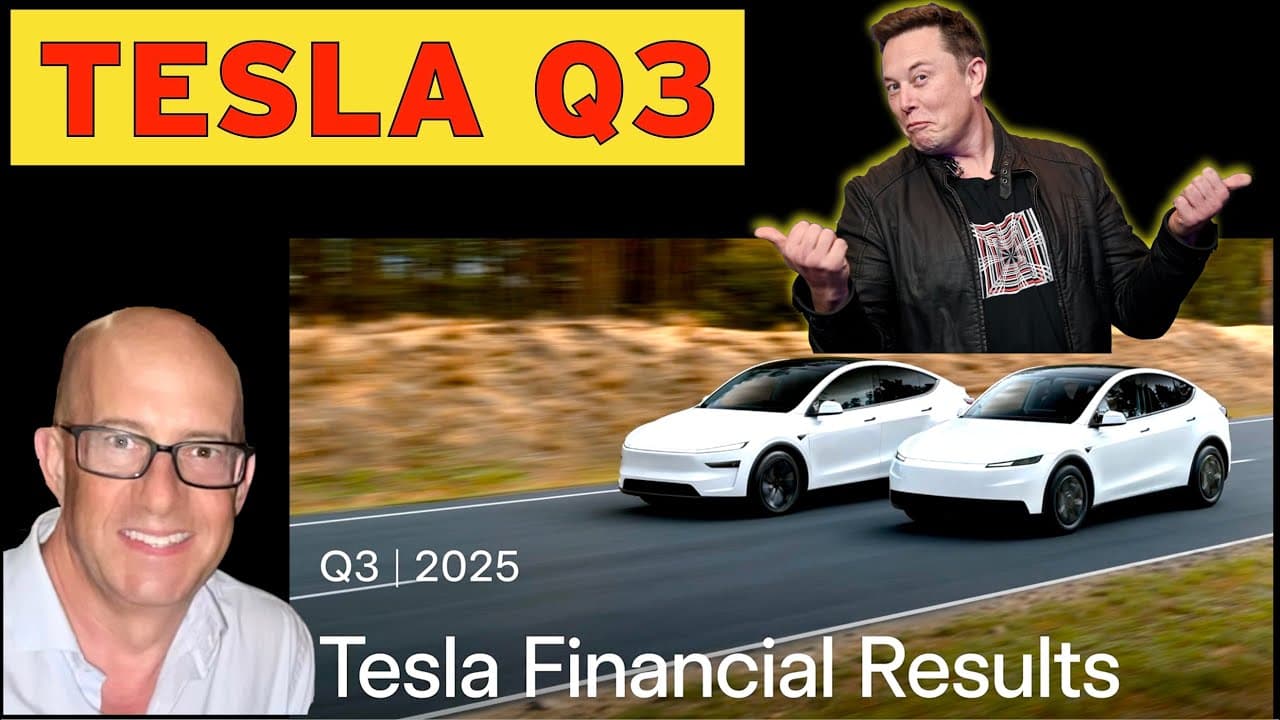Tesla's Robotaxi Ambitions Spark Debate Over Self-Insurance and Liability

Austin, Texas – Warren Redlich, a prominent figure known for "Chasing Dreams 🇺🇸," recently ignited discussion on social media by asserting that "Insurance is a trivial issue in a robotaxi world." Redlich's tweet, posted on November 8, 2025, further claimed that "In less than 5 years nearly all Teslas produced will serve as robotaxis only," and that "Tesla will be responsible for any collisions caused by FSD and will self insure." He drew a parallel to Walmart's self-insurance practices, stating, "Walmart self insures for its stores. This is the way." Tesla has indeed launched a limited robotaxi service in Austin, Texas, utilizing modified Model Y vehicles with human safety monitors. CEO Elon Musk has consistently outlined ambitious plans for the company's Full Self-Driving (FSD) technology and a network of autonomous vehicles. The purpose-built Cybercab, a two-seater vehicle without a steering wheel or pedals, is projected to begin mass production in April 2026, with significant volume expected in 2027. Despite these projections, Tesla faces considerable regulatory and technological hurdles. Reports indicate that the company has scaled back some of its initial robotaxi rollout timelines, with regulatory approvals lagging in several states like Arizona and Nevada. The National Highway Traffic Safety Administration (NHTSA) has also been in contact with Tesla regarding incidents involving its robotaxi service in Austin. The concept of autonomous vehicle liability is a complex and evolving area. Current regulations often place liability on the human driver when advanced driver-assistance systems are engaged, but this framework is challenged by fully autonomous operations. As vehicles become more capable of operating without human intervention, the responsibility for accidents is increasingly shifting towards the manufacturers and software providers. Tesla has previously introduced its own insurance product, Tesla Insurance, which uses real-time driving data to determine premiums. While this offers a degree of vertical integration, a full transition to self-insuring for FSD-related collisions on a massive robotaxi fleet would represent a significant financial and operational undertaking. The company has not yet detailed specific plans for how it would self-insure against widespread robotaxi liability.